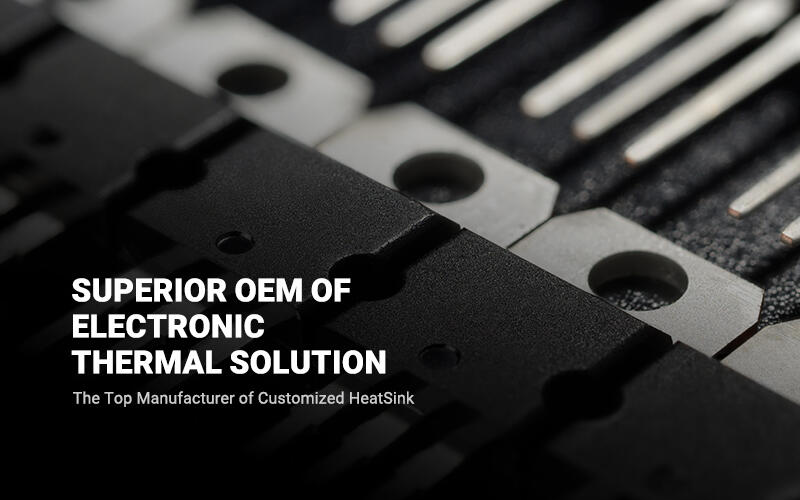The Precision CNC Machined Components HT-CN4-001 are specifically designed to meet the stringent demands of automotive, aerospace, electronics, and industrial manufacturing sectors. Crafted from top-grade aluminum or copper, these components offer superior strength, thermal management, and corrosion resistance. Utilizing advanced CNC machining techniques, we ensure that each part is produced with extreme accuracy and minimal tolerances, making them suitable for applications requiring high reliability and performance.
Custom Finishes for Enhanced Protection
To cater to various industry requirements, the Precision CNC Machined Components HT-CN4-001 can be customized with a range of finishing options such as hard anodizing, electroplating, and passivation. These finishes significantly improve the component’s resistance to wear, oxidation, and harsh environments, extending their lifespan in demanding settings like aerospace and automotive industries. By selecting a suitable finish, businesses can optimize the durability and functionality of these precision parts.
Material Options for Specialized Applications
Available in aluminum or copper, the Precision CNC Machined Components HT-CN4-001 offers the flexibility to match different operational needs. Aluminum is ideal for applications requiring lightweight and durable components, making it a popular choice in automotive and aerospace sectors. In contrast, copper is preferred for its excellent thermal and electrical conductivity, making it indispensable for electronic manufacturing and power management systems. This material versatility allows for tailored solutions that enhance performance and efficiency across various industries.
Optimized Design for Seamless Integration
The design of the Precision CNC Machined Components HT-CN4-001 is engineered for effortless integration into existing systems. Its precise dimensions and structural integrity enable smooth assembly in complex mechanisms found in industrial automation, automotive systems, and even sports equipment. The optimized structure not only supports mechanical stability but also facilitates efficient heat dissipation, which is crucial for maintaining performance in high-power electronic devices and automated machinery.



